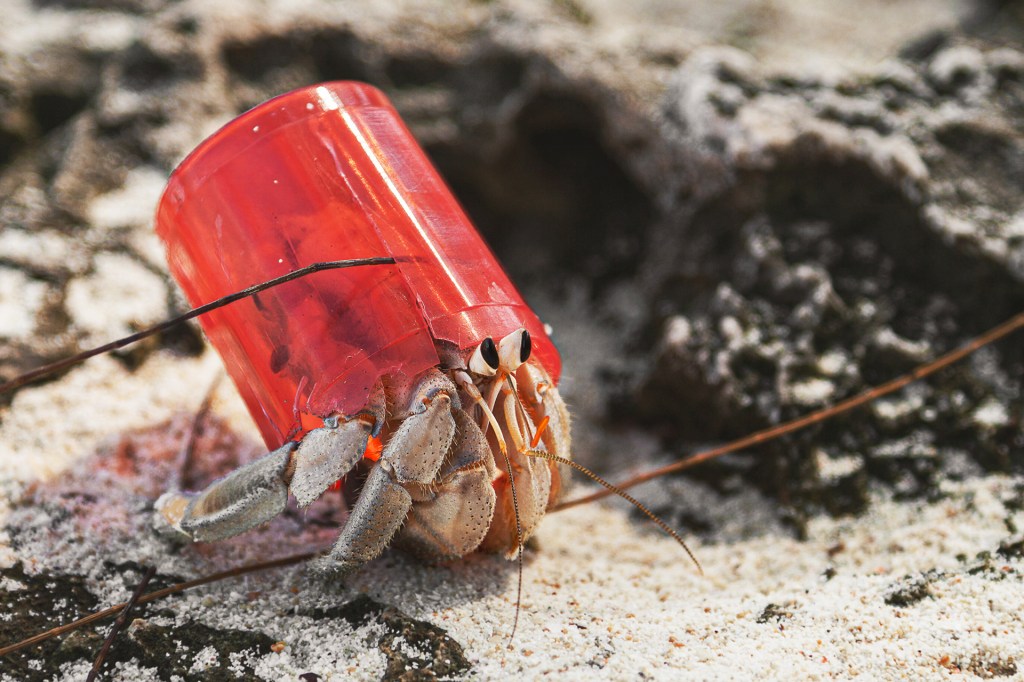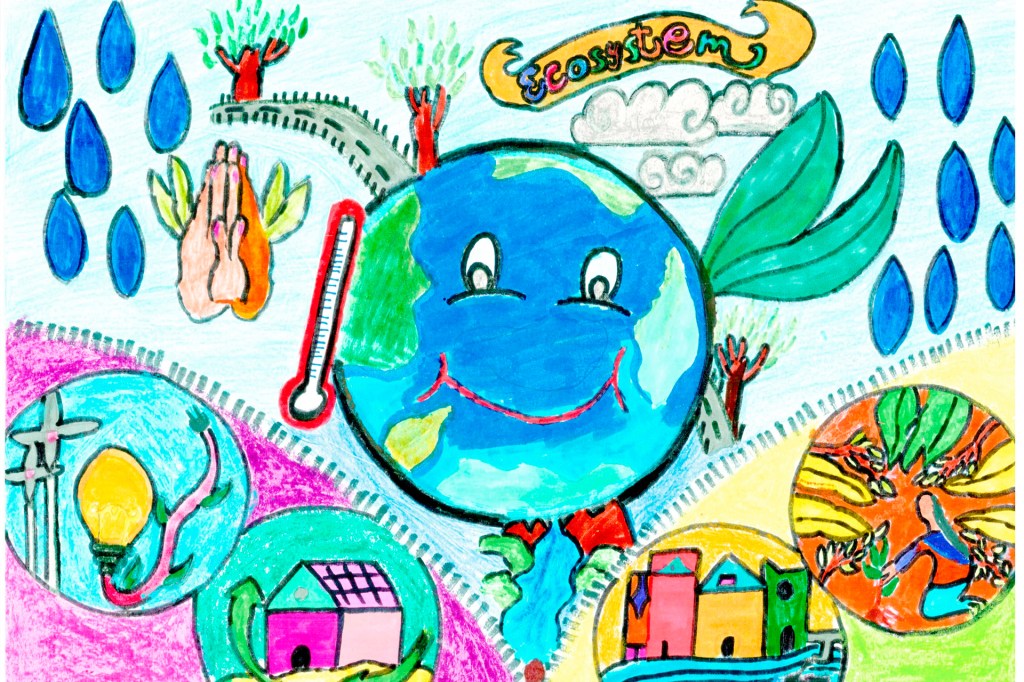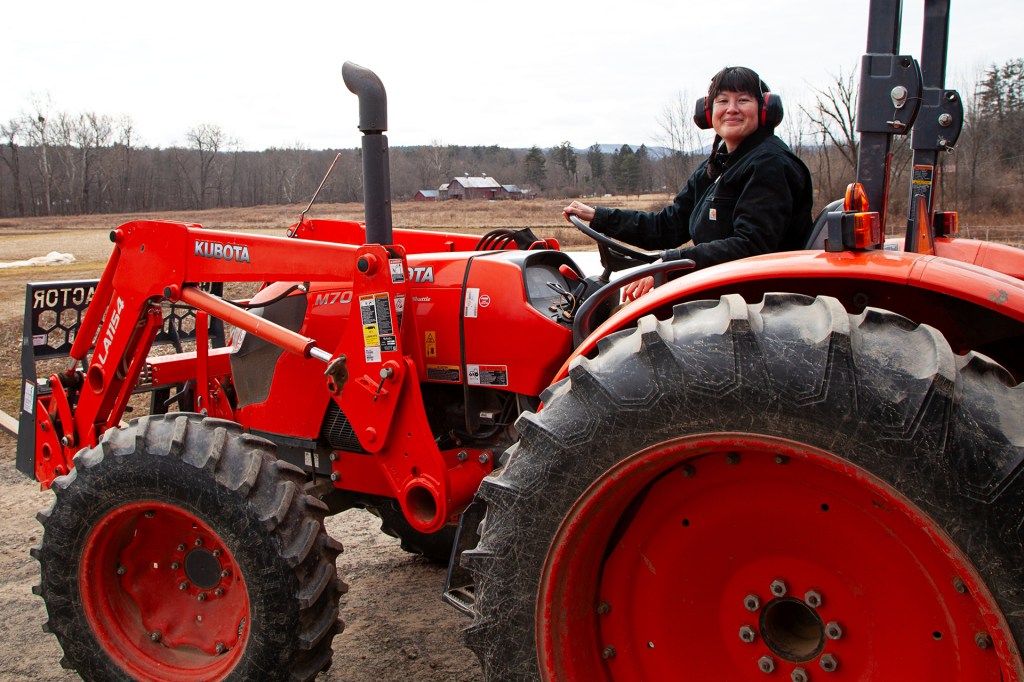Climate Crisis

Nature is in more trouble now than ever before in human history. More than 1 million species are on the brink of extinction. And species loss is happening hundreds of times faster than it did in the past.
All of that is according to a new report from the United Nations. It is the first U.N. report to take an in-depth look at the health of the Earth’s plant and animal species.
The report was compiled by more than 450 researchers. They used 15,000 scientific and government studies to create it. A summary was released today, and the full 1,500-page report will be released later this year.
According to the report, the greatest threat to plants and animals is habitat loss. This happens when humans use land and water for purposes such as farming, fishing, and building cities. According to the summary, three-quarters of Earth’s land-based environment has been “significantly altered by human actions.”
The summary also says that plastic pollution is 10 times as bad as it was in 1980. And it warns that if global warming continues, climate change could harm species even more than habitat loss.
Andrew Purvis is one of the authors of the report. He and other researchers say it isn’t too late to fix the problem. “The key to remember is, it's not a terminal diagnosis,” Purvis told the Associated Press.
The authors are calling on nations around the world to strengthen their environmental policies. British scientist Robert Watson led the creation of the report. He says that “transformative change” will be necessary: “Business as usual is a disaster.”












